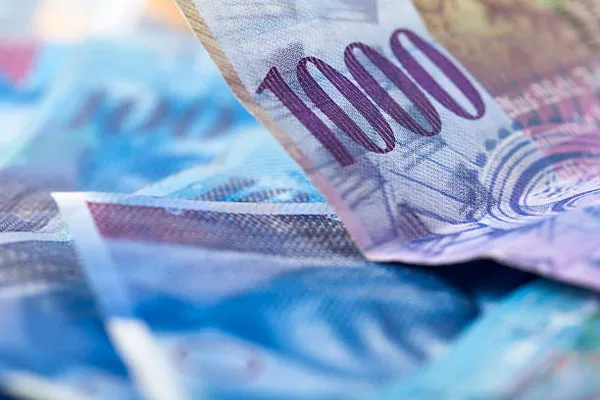The Swiss franc’s relentless appreciation is creating headaches for Swiss exporters and policymakers, with industry leaders calling for action to mitigate the currency’s impact on competitiveness. On June 13, 2025, the Swiss Business Federation (economiesuisse) issued a statement warning that the franc’s strength is putting “unprecedented pressure” on small and medium-sized enterprises (SMEs), particularly in the manufacturing and tourism sectors. The organization urged the Swiss National Bank (SNB) to consider measures to stabilize the exchange rate, though it stopped short of explicitly demanding intervention.
The machinery and precision instruments sector, a cornerstone of Switzerland’s export economy, has been hit particularly hard. Companies such as ABB and Rieter have reported shrinking profit margins due to the franc’s strength, which makes their products more expensive in key markets like the Eurozone and the United States. “We are facing a double whammy—higher production costs due to inflation and reduced competitiveness because of the strong franc,” said Heinz Kundert, CEO of Swissmem, the association representing the Swiss mechanical and electrical engineering industries. “If this trend continues, we may see job cuts and relocations to lower-cost countries.”
The tourism industry is also feeling the pinch. Hotel bookings from European visitors have declined in recent months, as Switzerland’s high prices—exacerbated by the strong franc—deter budget-conscious travelers. The Swiss Tourism Federation reported a 12% drop in overnight stays from German and French tourists compared to the same period last year. “The franc’s strength is making Switzerland an even more expensive destination,” said Martin Nydegger, director of Switzerland Tourism. “We need targeted support to remain attractive.”
Despite these concerns, the SNB has so far refrained from large-scale currency interventions. Analysts suggest that the central bank may be waiting to assess whether the franc’s appreciation is temporary or part of a longer-term trend. Additionally, with inflation in Switzerland under control, the SNB has less incentive to weaken the franc aggressively. However, if the EUR/CHF pair falls below 0.90, some economists believe the central bank could step in to prevent further damage to the export sector.
Domestic political pressure on the SNB is also growing. Several members of the Swiss parliament have called for a review of the central bank’s mandate to ensure that exchange rate stability is given higher priority. “The SNB cannot ignore the real economy,” said National Council member Regine Sauter. “We need a balanced approach that protects both price stability and Swiss jobs.”
Looking ahead, the franc’s trajectory will depend on several factors, including the evolution of European political risks, global risk sentiment, and the SNB’s policy decisions. For now, businesses are bracing for further challenges, with many accelerating cost-cutting measures and exploring hedging strategies to mitigate currency risks. The SNB’s next monetary policy meeting in September will be a critical event for markets, as traders look for clues on whether Switzerland’s central bank is prepared to take action to curb the franc’s strength.
You Might Be Interested In:


